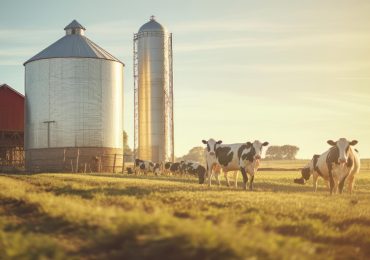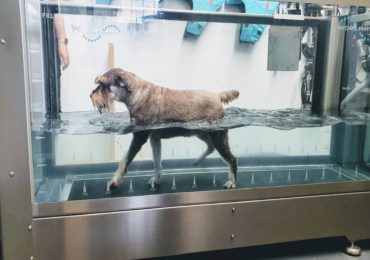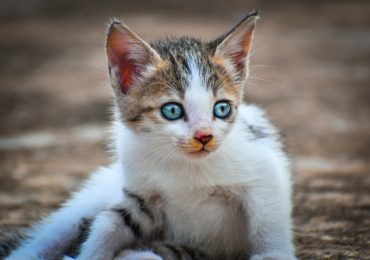There are some plants and trees that are poisonous to horses and can be fatal if they eat them. It’s essential that you know what they look like, their names and how they damage your horse so you can ensure that your horse avoids them at all times.
There are also plants that contain substances that would result in a positive drugs test for racehorses and those competing in Olympic events. They are called naturally occurring prohibited substances or NOPS for short.
We have put together a short guide outlining plants that your horse shouldn’t eat so you can recognise the difference between good and bad plants.
Poisonous Plants
Ragwort – Despite rarely being eaten by horses when it is growing, ragwort is more palatable to horses when it is dried or wilting. The ragwort contains toxins that lead to liver failure and possibly death. Therefore, it’s important that not only you check your fields, but ensure that your hay has been cut from fields that don’t contain ragwort.
Foxglove – This poisonous plant is also more palatable in hay and horses tend to not usually eat fresh foxglove. Signs of foxglove poisoning include convulsions, contracted pupils, breathing difficulties and death, which will occur after only a few hours.
Buttercups – These are poisonous to horses if they eat them fresh, however a horse would need to eat large amounts of these in order to die from them. In fields horses usually eat around them
Deadly Nighshade – Poisoning from deadly nightshade isn’t usually a threat to horses. However, it can result in dilation of the pupils, convulsions and unconsciousness.
Acorns – When an oak tree drops their acorns in the autumn, this can pose a threat to horses. These small, but deadly, acorns can lead to severe colic, as well as poisoning if they are eaten in large quantities.
Privet – This plant is common in gardens so be careful if your field is next to your neighbour’s hedge. The most dangerous type is box privet which can kill a horse through eating a small quantity.
Yew – Another plant often found in gardens and commonly churchyards. The fallen leaves and berries from yew are equally as lethal to your horse as the fresh plant.
Sycamore – The helicopter seeds in autumn and the saplings in spring both contain Hypoglycin-A, which causes atypical myopathy in horses. Symptoms for horses include reluctance to walk, muscle tremors, muscular stiffness, depression, a high heart rate, dark urine, sweating and your horse may appear weak. Additionally, they may have problems breathing, and standing, but usually still want to eat. It’s imperative that you contact your vet immediately.
Rhododendron – Horses only need a small quantity of this to die as it is highly toxic to them and can cause failure of the respiratory system.
Check Your Fields And Hay
As horse owners it is your responsibility to be vigilant and check the hay and fields for any signs of poisonous plants. Whether you can remove it, such as using a ragwort fork to remove ragwort and rosettes, or you need to fence a section of the field off to prevent them from eating something they shouldn’t, you must act. Just like checking that they have fresh, clean water available in their fields, looking for any poisonous plants should be something you regularly do, not just when they move into a new field.
Avoiding Plants For Competition Purposes
Those competing in affiliated classes and racehorses need to ensure that specific plants aren’t found in their systems as they can be disqualified from a race or a competition. Even if it’s found through natural contamination, as opposed to horses being doped with illegal substances, this can lead to a horse and rider Being disqualified and losing the win or placing in a competition.
The BETA NOPS scheme is in place to help reduce the risk of contamination from naturally occurring prohibited substances in horse feed and was set up in 2009. A prohibited substance is referred to as any substance that can exert an effect on a horse. The main NOPS, otherwise known as naturally occurring prohibited substances, are:
- Theobromine
- Caffeine
- Morphine
- Hyoscine
- Theophylline
- Hordenine
- Cannabinoids
- Atropine
If you would like to find out more about plants that your horse should avoid, get in touch with an equine nutritionist or your vet.








